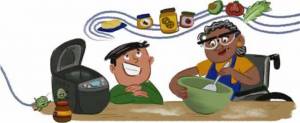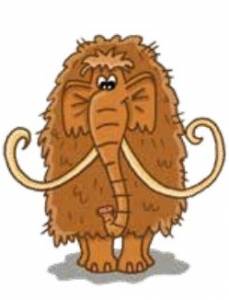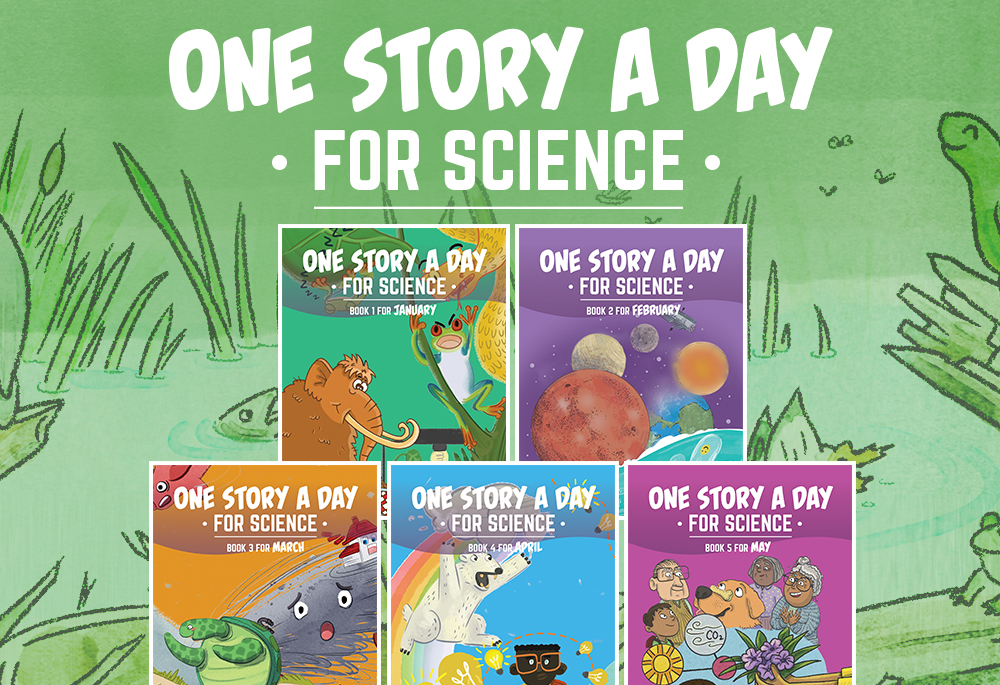Why does a loaf of bread rise? How do the tides change? What makes a tornado move so quickly? How did the black widow spider get its name? Children ask a lot of questions, sometimes too quickly to even hear the answers. With a natural curiosity and a keen interest in how things work, kids are prone to wondering about all kinds of science.

Unfortunately, as they age, many young scientists close their minds to the world and focus on other topics. And although having varied hobbies is great, learning about our planet, our populations, and everything we can create opens so many possibilities! Science is so incredibly vast that every child can surely find a domain that sparks their imagination, whether it’s cooking, environmental studies, or straight physics.
Of course, when children ask a million questions, they aren’t looking for long-winded, college-worthy lectures filled with every technical term in the book. One of the best ways to learn is through experiencing life, questioning your discoveries, and figuring out how things work. But it’s not always possible to get hands-on involvement (nor would you want to, with tsunamis and toxic chemicals and such!). How can you inspire young minds to delve into science and emerge with a passion for knowledge?
The answer is simpler than it seems. Reading! Books offer a unique perspective into a wide variety of topics that allow readers to experience and discover without leaving the comfort of their home or classroom. So instead of sending your six-year-old out into a forest fire or off into space, get a set of One Story a Day for Science. In this series, our talented Canadian authors spin tales of friendship, family, and fun mixed with exciting scientific concepts, historic achievements and notable figures, and stimulating experiments and quizzes.
 What is a mammoth? Why do black holes swallow light? How do airplanes fly? Find the answers to these and hundreds of other questions in One Story a Day for Science, the first series that intertwines storytelling and science in 365 child-friendly tales, complete with definitions, reflections, illustrations, quizzes, and experiments.
What is a mammoth? Why do black holes swallow light? How do airplanes fly? Find the answers to these and hundreds of other questions in One Story a Day for Science, the first series that intertwines storytelling and science in 365 child-friendly tales, complete with definitions, reflections, illustrations, quizzes, and experiments.
Maybe if we encourage all children to learn, do research, and have fun with science, they’ll be more open to experiencing the world and pursuing science in school. Maybe this latest generation of budding scientists will make the ground-breaking discoveries that will change our world for the better. Maybe curing diseases, finding ecological alternatives, developing lasting materials, or uncovering new species starts with just one science story a day.

